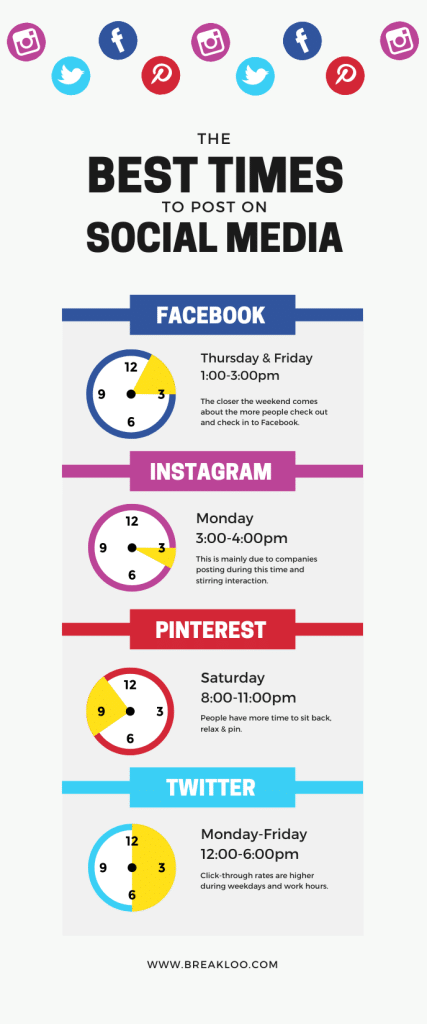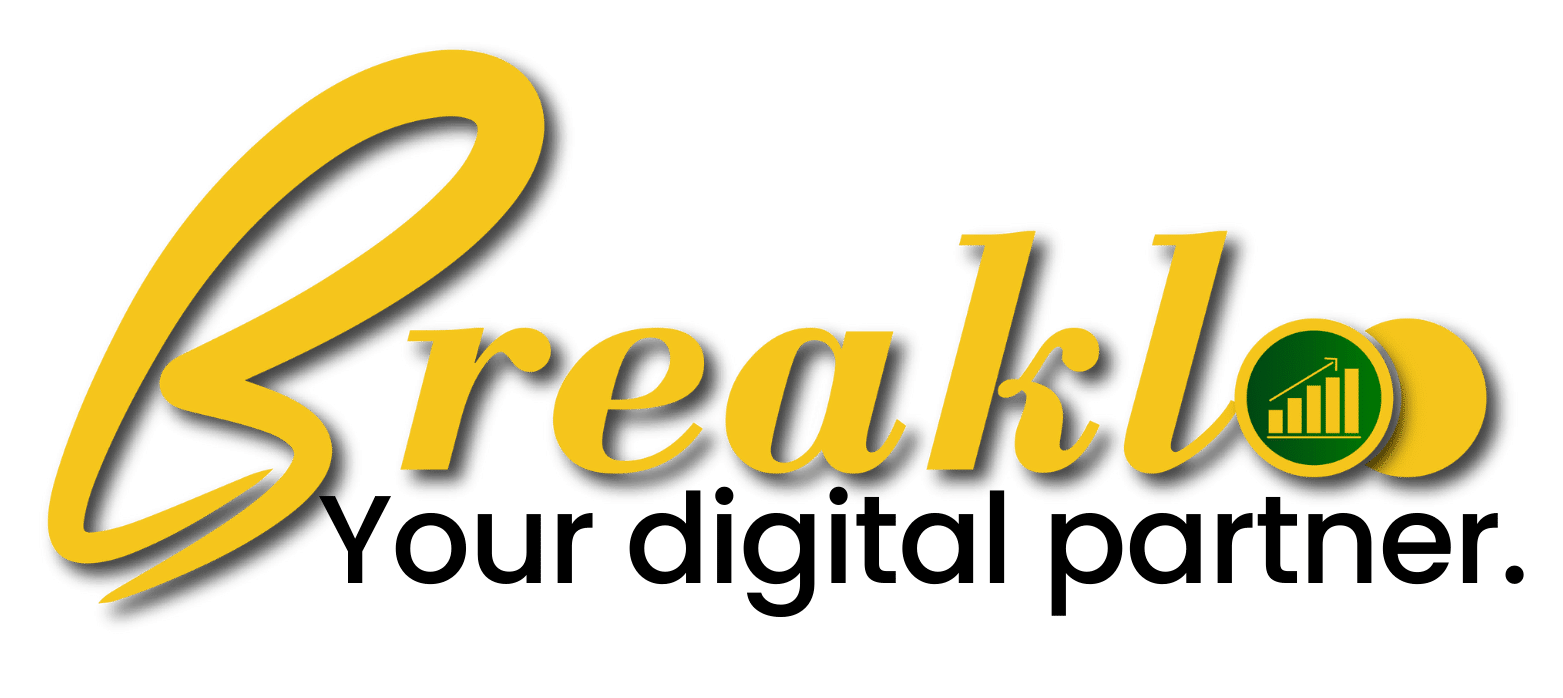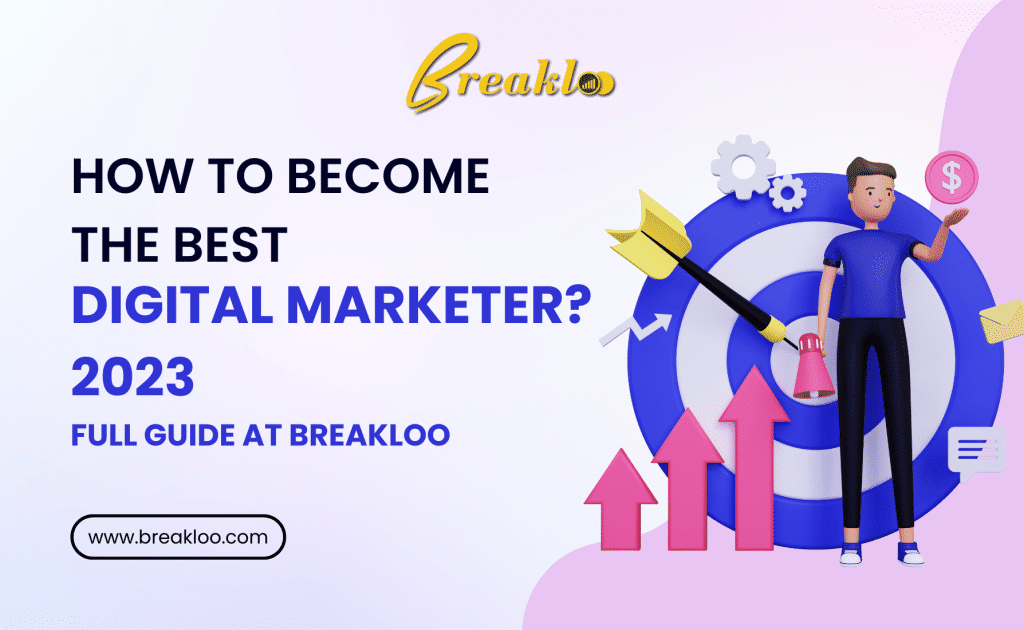How to Become the Best Digital Marketer?
Becoming a Digital Marketer can be achieved through various paths, and while some professionals start in traditional marketing positions and then specialize, it is not a strict requirement. Unlike other professions, there is no specific background experience needed to embark on a career in Digital Marketing. However, possessing a specific set of skills is crucial. Interestingly, individuals often enter the digital marketing field from diverse backgrounds, such as Copywriting, Webmastering, or even Influencer roles.
What Is Digital Marketing?
Digital marketing encompasses all marketing activities conducted to promote goods, services, and brands through digital platforms, primarily on the internet. It involves creating awareness and interest in products or services using various digital channels. Digital marketers can be employed in advertising agencies or within a company’s marketing department, where they develop advertising campaigns for clients or the company itself.
Subscribe here
The core responsibilities of digital marketers include:
- Creating marketing campaigns and their components, such as advertisements and content.
- Utilizing various digital channels like websites, social media, mobile devices, and emails to reach the target audience.
- Conducting market research and analyzing data to assess the performance of marketing efforts and make necessary adjustments.
- Involvement in financial aspects like setting marketing budgets and ensuring adherence to them.
- Developing pricing strategies for products or services.
Some common areas of digital marketing include:
Search Engine Optimization (SEO): Optimizing websites and content to rank higher in search engine results and increase organic traffic.
Content Marketing: Creating valuable and relevant content to attract and engage the target audience, ultimately driving profitable customer action.
Social Media Marketing: Promoting products or services on various social media platforms to increase brand visibility and interact with potential customers.
Pay Per Click (PPC)/Paid Search Marketing: Running paid advertising campaigns to appear in search engine results or other digital platforms and paying only when users click on the ad.
Affiliate Marketing: Partnering with affiliates who promote products or services on their platforms and earning a commission for each sale generated through their efforts.
Marketing Automation: Utilizing software and tools to automate repetitive marketing tasks, manage leads, and nurture customer relationships.
Email Marketing: Sending targeted and personalized emails to a list of subscribers to promote products, provide updates, or build customer loyalty.
Digital Public Relations (PR): Managing the company’s online reputation, building relationships with online publications, and engaging with influencers and customers.
Inbound Marketing: Focusing on attracting and engaging potential customers through valuable content and experiences, rather than traditional outbound advertising methods.
Sponsored Content: Collaborating with influencers or content creators to promote products or services in a way that appears more organic and authentic.
Understanding these areas is vital for digital marketers to craft effective and comprehensive marketing strategies to reach and engage their target audience successfully.
Learn digital marketing fundamentals
The initial step towards kickstarting a successful career in digital marketing is to acquire essential technical competencies in key areas such as:
Search Engine Optimization (SEO): Understanding how to optimize websites and content to improve their visibility in search engine results and attract organic traffic.
Search Engine Marketing (SEM) and Pay-Per-Click (PPC) Advertising: Learning how to create and manage paid advertising campaigns on search engines and other platforms to drive targeted traffic.
Analytics: Familiarizing yourself with tools like Google Analytics to track website traffic, user behavior, and campaign performance, enabling data-driven decision-making.
Social Media Marketing and Advertising: Gaining expertise in leveraging social media platforms to engage with audiences, build brand awareness, and run effective advertising campaigns.
Email Marketing: Learning to design and execute email marketing campaigns to nurture leads, retain customers, and drive conversions.
In addition to these technical skills, successful digital marketers should possess various soft and transferable skills that are essential in the industry, including:
Leadership: Demonstrating the ability to take initiative, guide teams, and influence others positively in achieving marketing objectives.
Strong Writing Voice: Having the capability to create compelling and engaging content that resonates with the target audience across different digital platforms.
Understanding of the Online Landscape: Developing a keen sense of how the digital world operates, including trends, user behavior, and emerging technologies.
While learning these skills piecemeal can be time-consuming and may take months or years to form a coherent skill set, accelerated learning programs like BrainStation’s Digital Marketing bootcamp can offer an efficient and immersive experience. Such programs are designed to provide comprehensive training in the most crucial aspects of digital marketing, preparing individuals to enter the job market with the necessary skills and knowledge.
By combining technical expertise with soft skills and gaining practical experience through specialized training, aspiring digital marketers can position themselves for a successful and rewarding career in the dynamic and ever-expanding field of digital marketing.
The better your website visibility in search results, the higher your chances of attracting traffic into your webpage and converting business leads into customers.
Learn important digital marketing skills

Digital Marketing is fundamentally centered around effective communication with individuals, understanding their preferences, and delivering content in the most impactful way. It goes beyond merely persuading an audience to buy a product or service; instead, it aims to build a genuine and positive relationship where the audience willingly chooses to engage with a brand or company. To excel in this field and prepare for the job market, acquiring the top digital marketing skills is crucial.
-
Search Engine Optimization (SEO)
-
Content Marketing
-
Video Marketing
-
Data Analytics
-
Product/UX Design
-
Social Media Marketing
-
Creative Thinking & Problem Solving
-
Communication Skills
The success of a digital marketer not only depends on technical skills but also on soft skills such as good communication, empathy, and curiosity. These qualities contribute to building strong relationships with the audience and understanding their needs and preferences better.
Given the current talent shortage in the marketing industry, upskilling in digital marketing becomes even more crucial. By acquiring these digital marketing skills, individuals can enhance their career prospects and stand out in a competitive job market. Embracing continuous learning and staying updated with the latest trends and technologies in the digital marketing landscape will empower professionals to thrive in this dynamic field.
Search Engine Optimization (SEO)
Search Engine Optimization (SEO) is the process of optimizing websites and content to rank higher in search engine results, increasing organic visibility and driving relevant traffic. It involves various strategies and techniques aimed at making a website more attractive to both users and search engines like Google.
Key aspects of SEO include:
- Keyword Research: Identifying relevant keywords and phrases that users use to search for products or services in your industry.
- On-Page SEO: Optimizing individual web pages by incorporating target keywords in titles, headings, meta tags, and content.
- Off-Page SEO: Engaging in activities outside the website, such as building high-quality backlinks, social media sharing, and influencer outreach.
- Technical SEO: Ensuring the website’s technical aspects, such as site speed, mobile-friendliness, and structured data, comply with search engine guidelines.
Content Marketing
Content marketing involves creating valuable, informative, and engaging content to attract and retain a target audience. It focuses on providing relevant information that addresses the audience’s pain points, interests, and needs.
Key components of content marketing include:
- Content Strategy: Developing a comprehensive plan that outlines the content topics, formats, and distribution channels based on audience research.
- Content Creation: Producing high-quality content such as blog posts, articles, infographics, videos, and eBooks.
- Content Distribution: Promoting the content through various channels like social media, email marketing, and SEO, to reach a wider audience.
- Content Analytics: Tracking and measuring the performance of content to determine its effectiveness and make data-driven improvements.
Video Marketing
Video marketing leverages the power of video content to connect with audiences, convey messages effectively, and drive engagement.
Key elements of video marketing include:
- Video Creation: Producing compelling and relevant videos that align with the brand’s message and target audience preferences.
- Video Distribution: Sharing videos on popular platforms like YouTube, social media, and websites to reach the target audience.
- Video Optimization: Optimizing video titles, descriptions, and tags for better discoverability in search engines and video platforms.
- Video Analytics: Monitoring video performance metrics such as views, watch time, and engagement to evaluate its impact.
Data Analytics
Data analytics is the process of gathering, analyzing, and interpreting data to gain insights into marketing performance and consumer behavior.
Key aspects of data analytics in digital marketing include:
- Data Collection: Gathering data from various digital marketing channels, websites, and customer interactions.
- Data Analysis: Using statistical tools and techniques to analyze data and uncover patterns, trends, and opportunities.
- Data Visualization: Presenting data in visual formats, such as charts and graphs, to facilitate easy comprehension and decision-making.
- Data-Driven Decision-Making: Using data insights to optimize marketing strategies, improve campaigns, and enhance user experiences.
Product/UX Design
Product and User Experience (UX) design are essential for creating digital assets and campaigns that offer seamless and user-friendly experiences.
Key elements of product/UX design in digital marketing include:
- User Research: Understanding the target audience’s preferences, needs, and pain points to inform design decisions.
- Information Architecture: Structuring and organizing digital content to ensure easy navigation and accessibility.
- Visual Design: Creating visually appealing designs that align with the brand’s identity and resonate with the target audience.
- Usability Testing: Conducting tests to evaluate how users interact with digital assets and identifying areas for improvement.
Social Media Marketing
Social media marketing involves using social media platforms to build brand awareness, engage with the target audience, and drive website traffic.
Key aspects of social media marketing include:
- Social Media Strategy: Creating a comprehensive plan that outlines the goals, target audience, and content strategy for social media channels.
- Content Creation: Developing engaging and shareable content that aligns with the audience’s interests and preferences.
- Community Management: Engaging with followers, responding to comments, and building relationships to foster a loyal community.
- Social Media Advertising: Running paid social media campaigns to reach a broader audience and achieve specific marketing objectives.
Creative Thinking & Problem Solving
Creative thinking and problem-solving are essential skills for digital marketers to devise innovative and effective marketing strategies.
Key components of creative thinking and problem-solving in digital marketing include:
- Ideation: Generating new and unique marketing ideas that resonate with the target audience.
- Analyzing Data: Using data insights to identify challenges and opportunities and develop data-driven solutions.
- Flexibility: Adapting strategies and tactics based on changes in the market, consumer behavior, or industry trends.
- Collaboration: Working with cross-functional teams to brainstorm and implement creative marketing solutions.
Communication Skills
Effective communication skills are vital for digital marketers to convey their ideas, collaborate with teams, and engage with their audience.
Key elements of communication skills in digital marketing include:
- Clear Messaging: Communicating marketing messages and brand values concisely and effectively.
- Copywriting: Writing persuasive and engaging content for websites, ads, emails, and social media.
- Client/Customer Communication: Engaging with clients or customers to understand their needs and deliver effective solutions.
By mastering these essential digital marketing skills, professionals can thrive in the competitive digital landscape and create successful marketing campaigns that drive meaningful results for businesses and brands.
Learn how to use key digital marketing tools
Having experience with various digital marketing tools is highly advantageous for aspiring digital marketers. These tools not only enhance your skill set but also make it easier to measure, track, and optimize digital marketing campaigns effectively. Here are some important digital marketing tools to learn:
Google Analytics: Provides valuable insights into website traffic, user behavior, and performance metrics, enabling data-driven decision-making.
Google Ads: Allows you to create and manage online advertising campaigns on Google’s search and display networks.
MailChimp: A popular email marketing platform for designing and executing email campaigns and managing subscriber lists.
Ahrefs, Moz, SEMrush: These SEO tools help with keyword research, backlink analysis, and competitor research, optimizing SEO strategies.
Salesforce: A powerful CRM platform that enables efficient customer relationship management and sales tracking.
Buffer: A social media management tool that helps schedule and publish content across various social media platforms.
Canva: A graphic design platform that allows easy creation of visually appealing content for social media and other marketing channels.
HubSpot: An all-in-one inbound marketing and sales platform, including email marketing, content management, and CRM capabilities.
Gaining experience with email campaign tools like MailChimp and CRM programs like Salesforce and HubSpot can significantly bolster your digital marketing skill set and make you more attractive to potential employers.
Engaging in the social media realm is another great way to start your journey in digital marketing. Familiarity with popular social media platforms like Facebook, Twitter, Instagram, LinkedIn, and TikTok is essential for driving traffic, generating leads, and building brand presence.
Using free stock image sites like Unsplash or Pexels and graphic design platforms like Canva can help you create standout content for social media. Additionally, employing social media management tools such as Hootsuite, Later, or Buffer can streamline your content scheduling and give you a competitive edge in the job market.
By gaining proficiency in these digital marketing tools and platforms, you can demonstrate your ability to handle real-world marketing tasks and increase your chances of securing a rewarding position in the digital marketing field.
Network to make connections in marketing
Building a strong online network can be highly beneficial and instrumental in advancing your career. It allows you to showcase your expertise, share original content, and establish yourself as a thought leader in the digital marketing industry. Here are some effective ways to develop a wide network as a Digital Marketer:
Utilize Social Channels and Blogs: Actively engage on social media platforms and create a professional blog to share valuable insights, industry updates, and your own work. This will help you connect with like-minded individuals and potential employers or clients.
Start an Industry-Related Newsletter: Launching your own newsletter focused on digital marketing topics can showcase your expertise and thought leadership. Regularly sharing valuable content will attract subscribers and expand your network.
Engage in Online Networking Events: Attend virtual networking events that cater to digital marketing professionals. These events provide excellent opportunities to interact with peers, industry experts, and potential collaborators or employers.
Participate in Offline Networking Events: Don’t underestimate the power of face-to-face networking. Look for local or industry-specific events and conferences, such as the Digital Marketing Conference in Toronto, to connect with professionals in person.
Engage with Online Communities: Join digital marketing communities and forums where professionals share knowledge, ask questions, and collaborate. Contributing to these communities can enhance your reputation and expand your network.
Collaborate with Influencers and Peers: Partnering with influencers or other professionals in the field can widen your reach and introduce you to new audiences and opportunities.
Showcase Your Work and Projects: Share case studies, successful campaigns, and other notable achievements on your website or portfolio. This provides tangible proof of your skills and accomplishments.
By actively participating in these networking efforts, you can build a strong online presence, establish credibility as a digital marketing expert, and open doors to various opportunities within the industry. Networking is a vital aspect of career growth in any field, but it holds particular significance in digital marketing, where tangible results and real-world connections often speak louder than words.
Top search queries related to
"How to become a digital marketer"
how to become a digital marketer
aspiring digital marketer
digital marketing include
how to become digital marketer
digital marketer training
how to introduce yourself as a digital marketer
Top Digital Marketing Keywords
- “How to start digital marketing?”
- “Best SEO strategies for 2023”
- “Social media marketing tips for businesses”
- “Content marketing trends”
- “Email marketing best practices”
- “PPC advertising for beginners”
- “How to measure SEM success?”
- “Influencer marketing case studies”
- “Online advertising platforms comparison”
- “Marketing automation tools reviews”
- “Creating effective Google Ads campaigns”
- “Social media management tools comparison”
- “Content strategy templates”
- “Video marketing ideas for small businesses”
- “Email campaign examples”
- “Digital marketing analytics tools”
- “Conversion rate optimization techniques”
- “Keyword research tools for SEO”
- “SEO audit checklist”
- “Choosing the right digital marketing agency”
Top trending articles “digital marketing agency”:
“cost per lead formula” Click here – Cost Per Lead Formula With Example
“website vs web application” Click here – Website Vs Web Applications
how to “rank higher on google” Click here – How to Rank Higher on Google
“digital marketing agency” Click here – Digital Marketing Agency
“best website development company” Click here – Best Website Development Company
“ecommerce website development company” Click here – eCommerce Website Development Company
“advanced digital marketing” Click here – Advanced Digital Marketing Article+PDF’s





